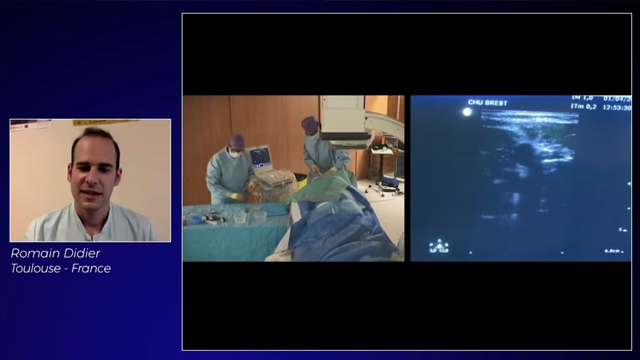
Francesco Giannini
Latest contributions
When angina cannot be cured with stents: what are the remaining options
22 May 2025 – From EuroPCR 2025
Explore therapeutic options for patients with angina refractory to stenting. This session reviews the efficacy and clinical outcomes of coronary sinus (CS) reducer implantation for microvascular dysfunction, factors influencing procedural success, next-generation CS reducer innovations, and the role of aspirin in angina without obstructive coronary disease.
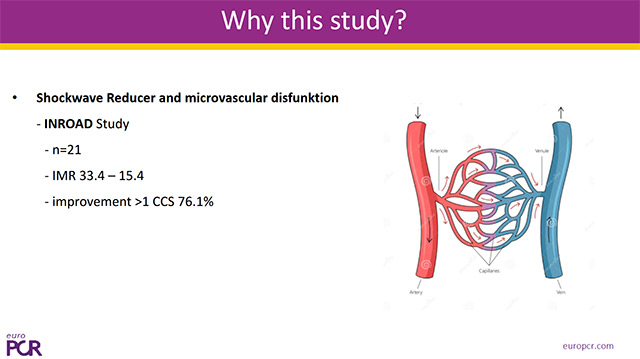
How a new generation of coronary sinus reducer can significantly expand treatment options for patients with coronary microvascular dysfunction
21 May 2025 – From EuroPCR 2025
Discover the latest on managing coronary microvascular dysfunction (CMD) with insights from EuroPCR 2025. This session explores how physiology testing helps identify CMD endotypes in the cathlab and highlights the limitations of ETT for patients experiencing angina or dyspnea at rest. Learn about the A-FLUX coronary...
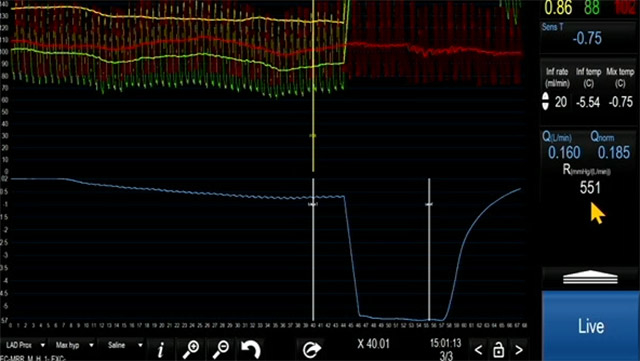
Thrombectomy for pulmonary embolism
16 May 2024 – From EuroPCR 2024
This session, comprising selected EuroPCR 2024 Abstract submissions, focuses on catheter-directed therapy for pulmonary embolism. It includes presentations and discussions on an intelligent CT vacuum aspiration thrombectomy system, outcomes of catheter-directed therapy in intermediate-high and high-risk pulmonary embolism, and functional and quality of life outcomes in...
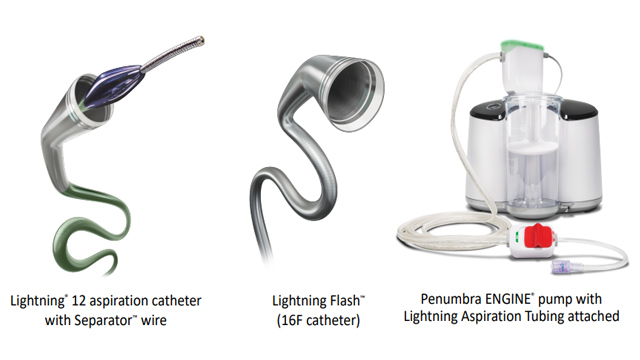
Other coronary interventions: SSO2, angioPy & more
16 May 2024 – From EuroPCR 2024
This session showcases a diverse array of innovative coronary interventions and technologies, including the use of super-saturated oxygen therapy in STEMI, the validation of intracoronary flow velocity measurement, the application of laser and optics-based coronary intravascular lithotripsy, and the development of contrast-free and X-ray-free PCI techniques....
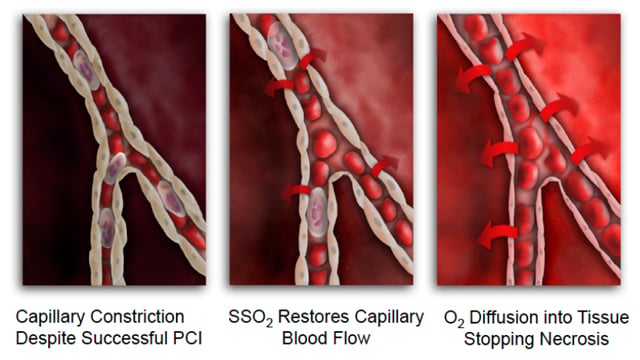
How achieving optimal index procedural outcomes can positively influence future TAVI treatment options
23 Feb 2023
Watch the replay of this webinar to understand the impact of procedural outcomes on future TAVI treatment options, and much more!
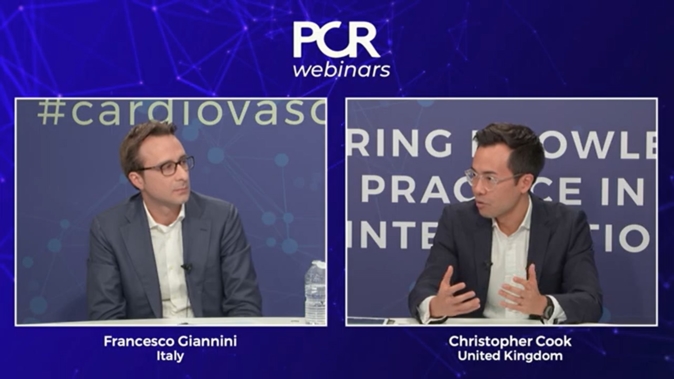
TAVI in patients at risk of coronary occlusion
28 Nov 2022 – From PCR London Valves 2022
Consult this session on TAVI in patients at risk of coronary occlusion to discover a selection of cases presented during PCR LV 2022: hyperacute obstruction of the left main artery due to calcium displacement during TAVR, cannulation technique for challenging coronary access following TAVI-in-TAVI, complex TAVI from...
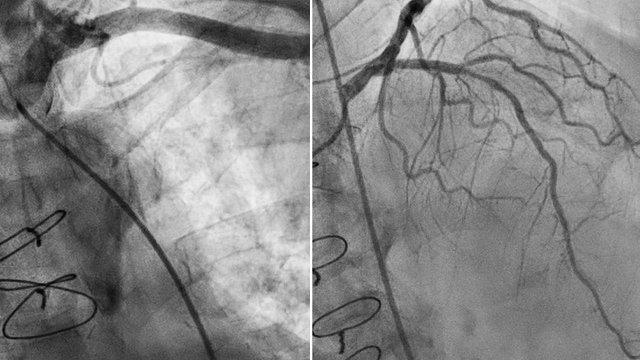
TAVI: new devices and procedural refinements
27 Nov 2022 – From PCR London Valves 2022
Consult this session dedicated to TAVI new devices and procedural refinements to learn more about Meril's Myval transcatheter heart valve, the newest EVOLUT-FX self-expanding supra-annular valve, the OctaAlign technique with the novel Myval octacor transcatheter heart valve, and more!
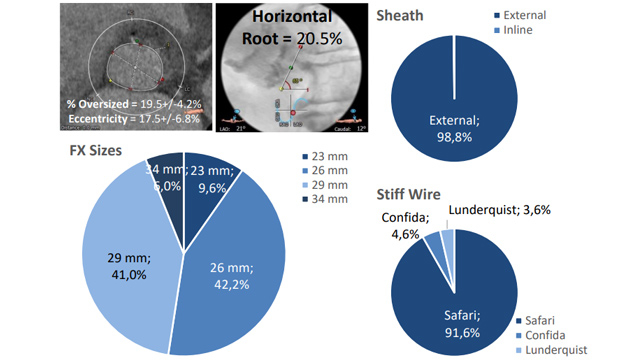
Recurrent angina: how to solve
18 May 2022 – From EuroPCR 2022
Watch these videos to discover various tips and techniques to deal with recurrent angina, such as the percutaneous reduction of the coronary sinus, the invasive coronary function testing, the vaso-reactivity testing by intracoronary acetylcholine infusion, and more!
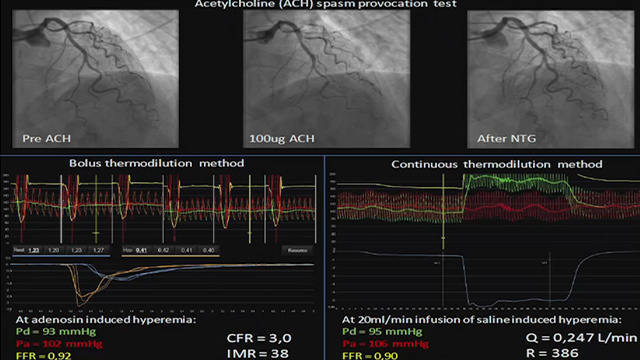
Start treating refractory angina patients with Reducer therapy - Practical aspects
17 May 2022 – From EuroPCR 2022
Looking at a 75-year-old male patient with HTA, diabetes, and hypothyroidism, a history of coronary artery disease treated with PCI of the RCA, and a previous coronary angiography showing preserved LVEF and in-stent restenosis of the RCA, you will learn in this EuroPCR 2022 session how...
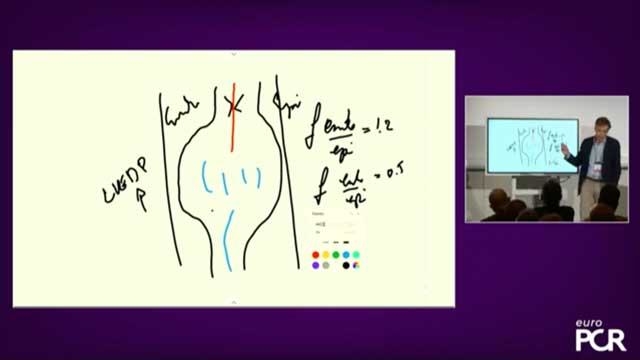
Restriction in supra-annular transcatheter heart valve leaflet mobility during coronary access after valve-in-valve TAVI
05 Apr 2022
This Image in Interventional Cardiology highlights how patient-specific ex vivo simulations offer physicians the opportunity to observe and evaluate the potential in vivo impact of different techniques particularly for complex structural heart interventions.
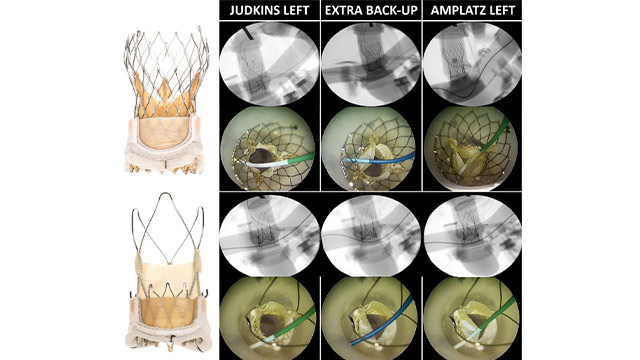
Hybrid step-by-step approach to perform a Robotic DK Crush PCI
28 Jan 2022
View the case of this 65-year-old male patient who was staged for R-PCI of a Medina 1,1,1 distal left main lesion, and discover how the authors used a hybrid robotic and manual approach to perform a DK crush procedure using the second-generation R-PCI device.
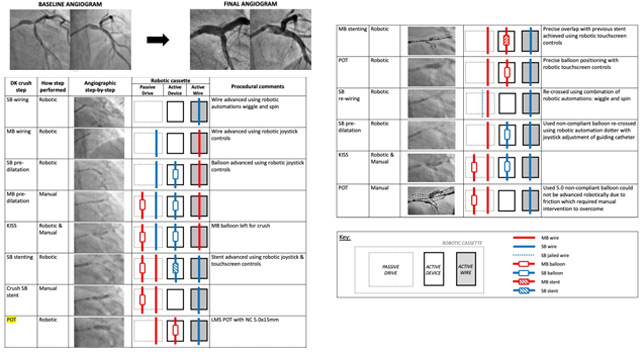
Latest clinical evidence and practical aspects to start Reducer therapy in your centre
20 May 2021 – From EuroPCR 2021
Watch this session presented by Stefan Verheye, Francesco Giannini, Martine Gilard, Romain Didier, Tommaso Gori and Jonathan Hill in order to assess whether Reducer therapy can help your patients with refractory angina, to understand the tips and tricks of the Reducer implant, and to get a glimpse into...
